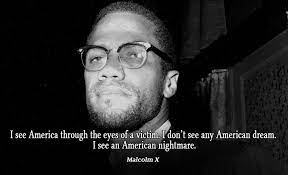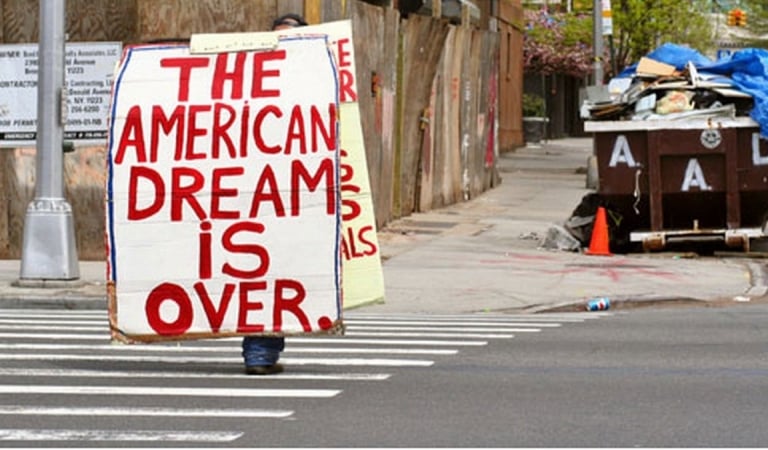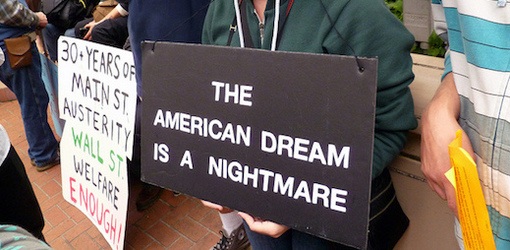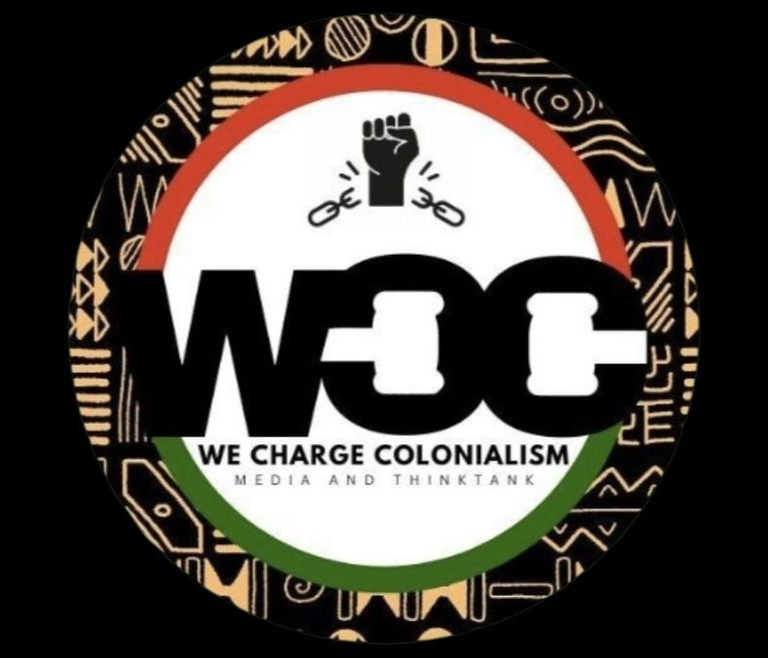The So-Called American Dream: The Dangers of the Pursuit of Happiness
The article examines the "American Dream," a term popularized by James Truslow Adams during the Great Depression, rooted in the Declaration of Independence. It emphasizes the belief that all people are created equal and have unchangeable rights, including the pursuit of happiness. However, this pursuit often comes at a cost to marginalized groups, such as Native Americans and enslaved Africans. The piece critiques how the ideals of equality are frequently co-opted to benefit the elite and raises questions about the hypocrisy in the American narrative. Overall, it highlights the contradictions in the pursuit of happiness within American society.
BUILDING A BETTER EXISTENCE
Dr. Ikemba Ojore
4/18/20253 min read








The phrase “American Dream” was notably popularized by James Truslow Adams during the tumultuous years of the Great Depression. Yet, the ideals encapsulated in this concept can be traced back much further, rooted deep within the principles enshrined in the Declaration of Independence on July 4, 1776. While the notion of opportunity has long been a hallmark of English discourse surrounding the New World since the colonial era, it was during the formation of the United States that foundational ideals emerged—specifically, the beliefs that all men are created equal and that they possess certain inalienable rights, namely life, liberty, and the pursuit of happiness. These principles set a precedent for American identity that had not existed prior to that pivotal year, although many would soon discover that the promise of these rights remained unfulfilled even after 1776.
At the heart of this exploration is the idea of “the pursuit of happiness.” Throughout American history, this pursuit has often come at the expense of marginalized groups. The relentless expansion into Native American territories resulted in their near-total annihilation, their lands appropriated for the happiness of European settlers. Likewise, Africans were forcibly removed from their homeland and subjected to the horrors of slavery to satisfy the desires of the Spanish, English, French, and others. Thus, the pursuit of happiness has often served as a justification for the deep-seated contradictions woven into the fabric of American society. While the assertion that individuals should have the right to pursue happiness initially sounds appealing, it prompts a vital inquiry: what occurs when one person’s quest for happiness infringes upon the rights or well-being of another? This dilemma was essentially woven into the very foundation of American society, where colonialism masqueraded as democracy and oppression was legitimized through the consent of the governed.
In his seminal writing, Thomas Jefferson asserted that “all men are created equal” and are endowed with inalienable rights, including life, liberty, and the pursuit of happiness. Jefferson drew inspiration from John Locke’s “Two Treatises of Government,” where Locke professes that in a state of equality and independence, no one ought to harm another regarding life, health, liberty, or possessions. This notion lays a crucial tenet of the ideological foundation underpinning Americanism. Politically, this idea has frequently been evoked to further the ruling elite's agenda. Both Jefferson’s Declaration of Independence and Locke’s writings have been pivotal in justifying oppression and exploitation, as well as the authority of the powerful.
The struggle to maintain a balance between property owners and the propertyless has often meant trampling on the rights and well-being of those without wealth. When the working class and the poor’s life, liberty, and health interfere with the pursuit of profit and property, they are frequently compromised because the elite will always prioritize their interests. For instance, during the Antebellum Period, members of the ruling elite supported slavery despite their discordance with the institution because of the impact that it would have on America’s wealth and power. Slavery persisted into the latter half of the nineteenth century because the ruling class deemed it an institution too entrenched to fail. The preservation of economic interests, profit, and property consistently outweighed the fundamental rights to life, liberty, and health for those enslaved. The stark conditions within African American communities today serve as a testament to historic policies that have cultivated and perpetuated systemic neglect and oppression, an outcome of American governance that has consistently safeguarded the exploitative behavior of the elite.
The assertion that the pursuit of happiness is an “inalienable right” has often been revealed as a form of propaganda, one that neither Jefferson nor the white American establishment truly embraced. Jefferson’s rhetoric painted the British Empire as tyrannical while positioning Americans as akin to slaves. Brad Pitt aptly encapsulated this perspective in the film “Killing Me Softly” with these powerful closing lines:
"Don’t make me laugh. We’re one people? It’s a myth created by Thomas Jefferson.
My friend, Jefferson is an American saint because he wrote the words ‘all men are created equal,’ words he clearly didn’t believe, since he allowed his own children to live in slavery. He’s a rich wine snob who got sick of paying taxes to the Brits. So, yeah, he wrote some lovely words, and roused the rabble, and they went and died for those words while he sat back and drank his wine and fucked his slave girl.
This guy wants to tell me we’re living in a community? Don’t make me laugh. I’m living in America, and in America, you’re on your own. America’s not a country. It’s just a business. Now fucking pay me!"
America is a business whose power is measured by its wealth, with those who amass considerable wealth representing the nation's actual owners. Through the manufacturing of consent, many regard capitalism and America’s founding precepts as akin to universal law, and dissent from this ideology is equated with rebellion against a divine principle. But the truth of the matter is that American ideas are rooted in colonialism and slavery, and are the basis for maintaining the power dynamic between the oppressors and the oppressed. It is only through revolution that Africans in America and other colonized groups can be liberated.
